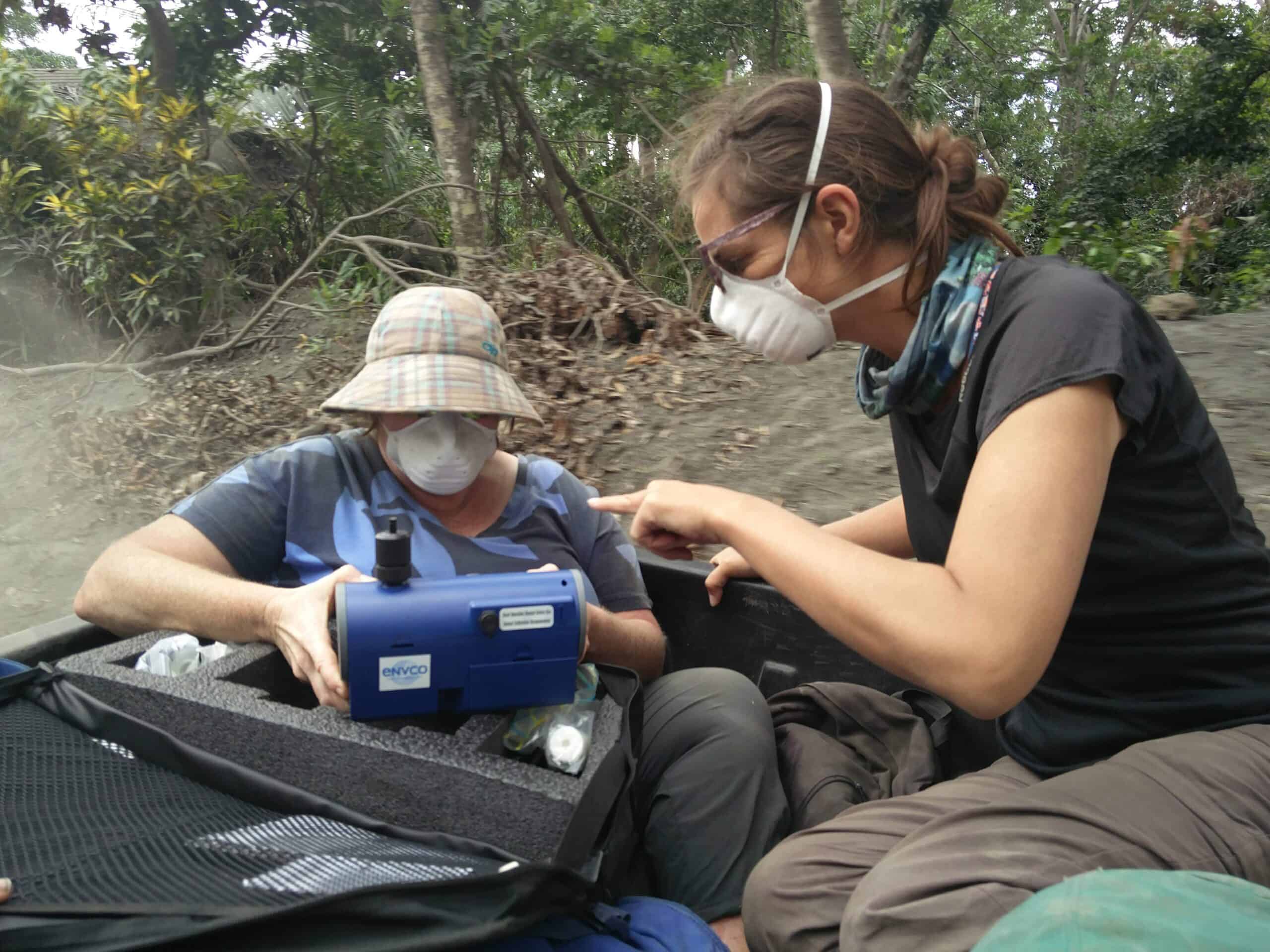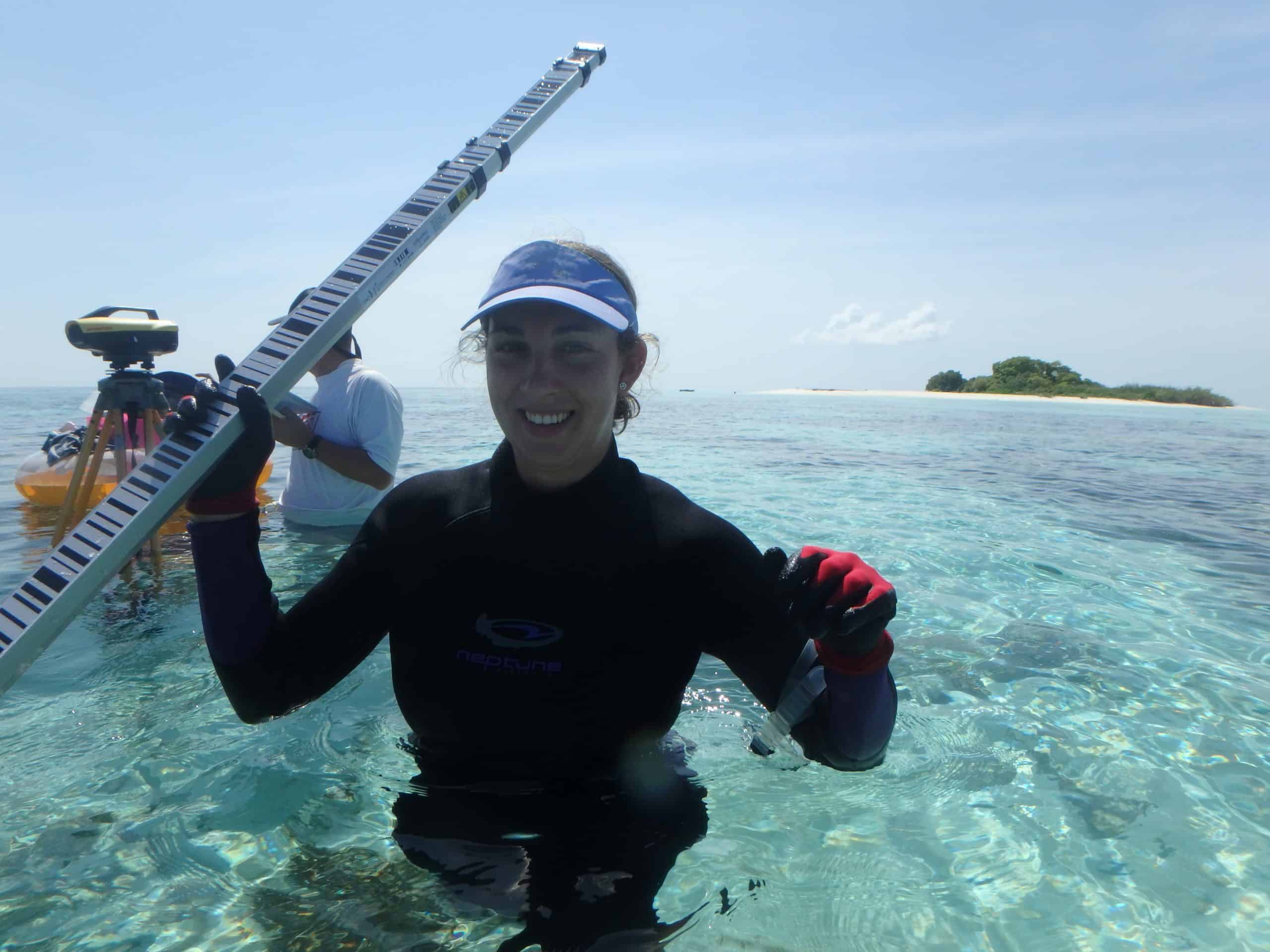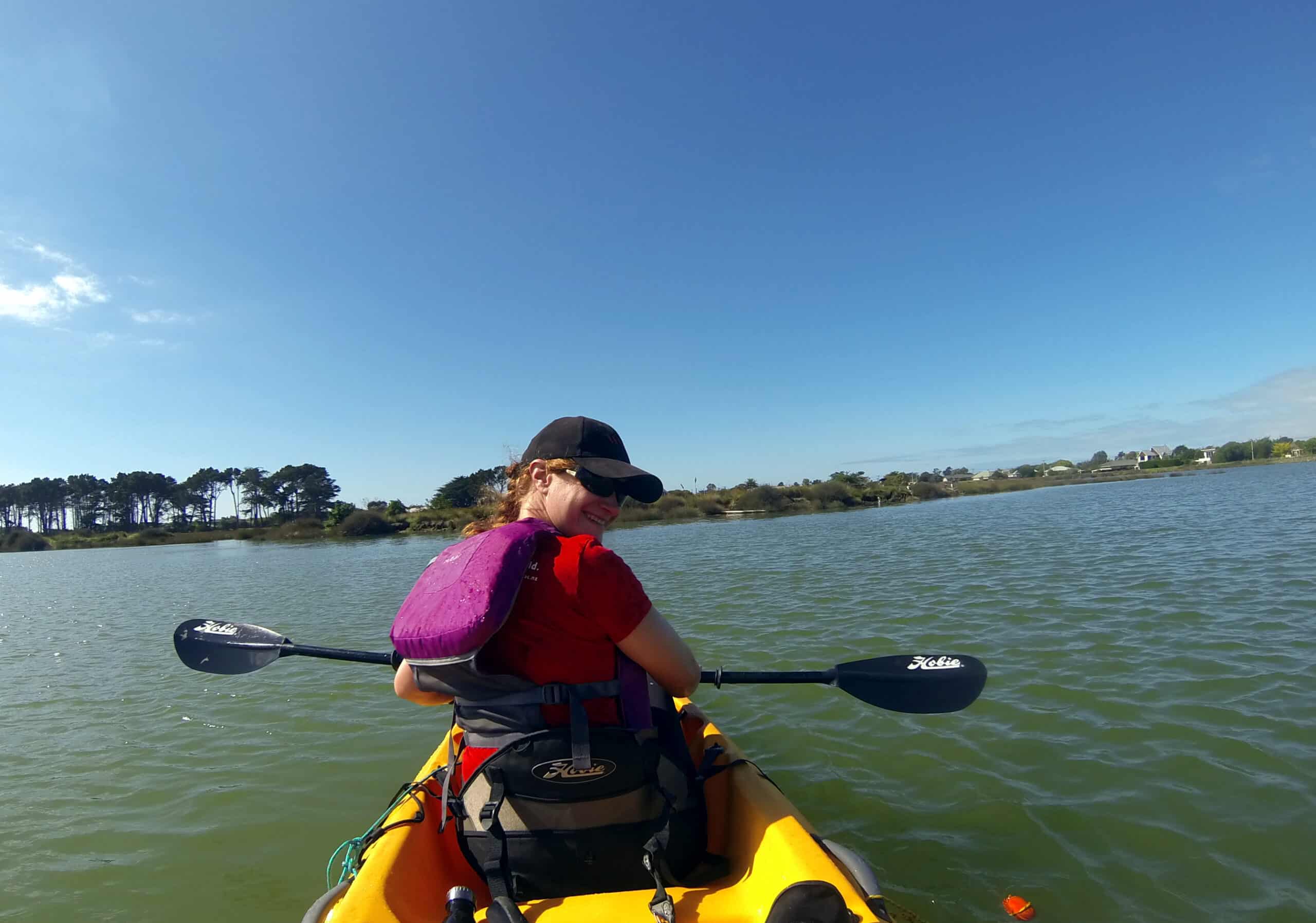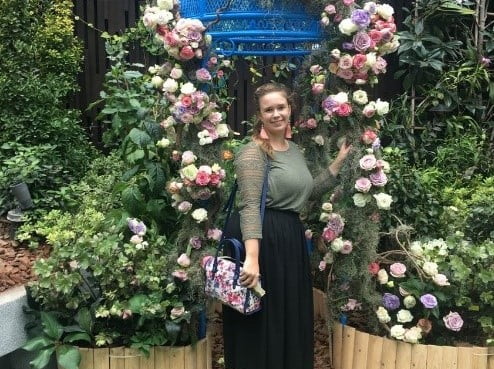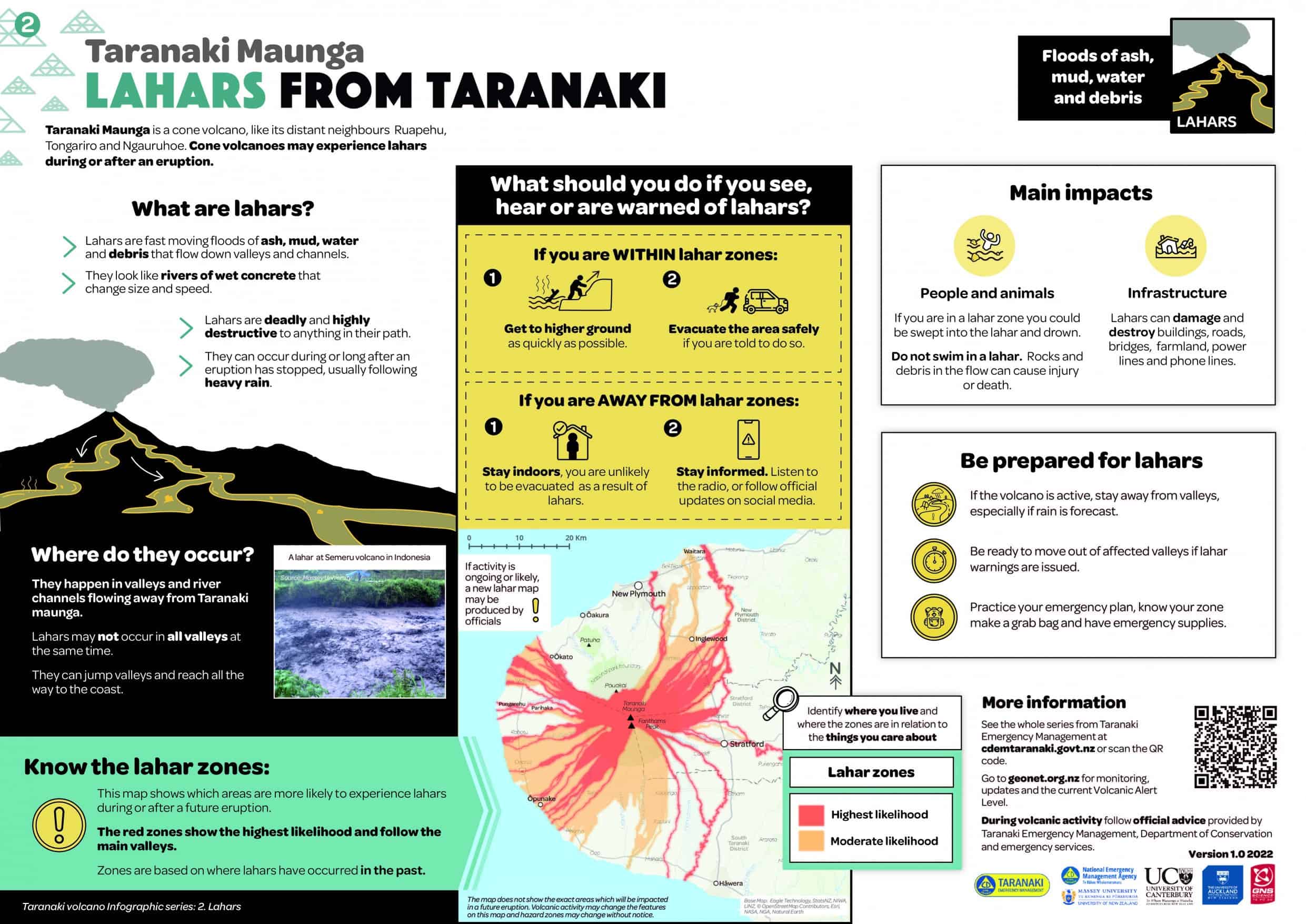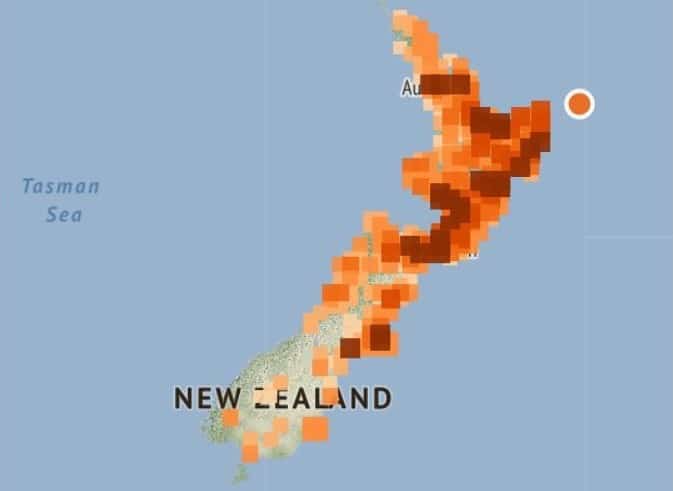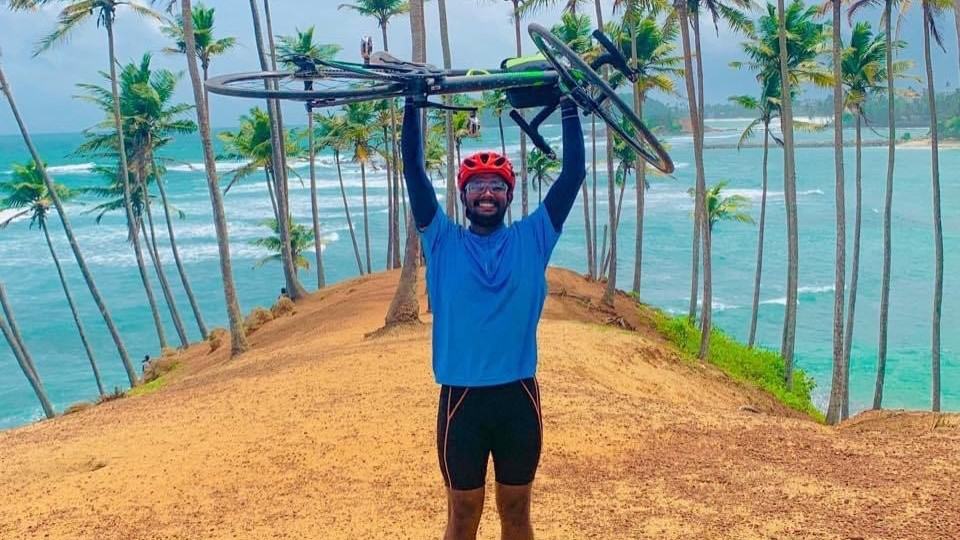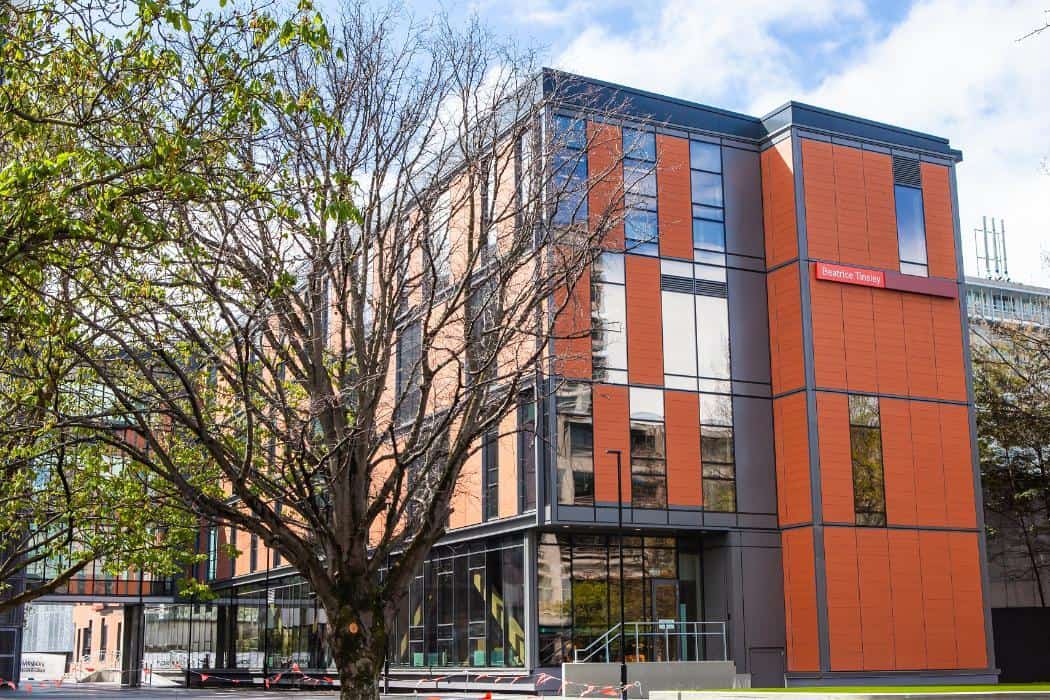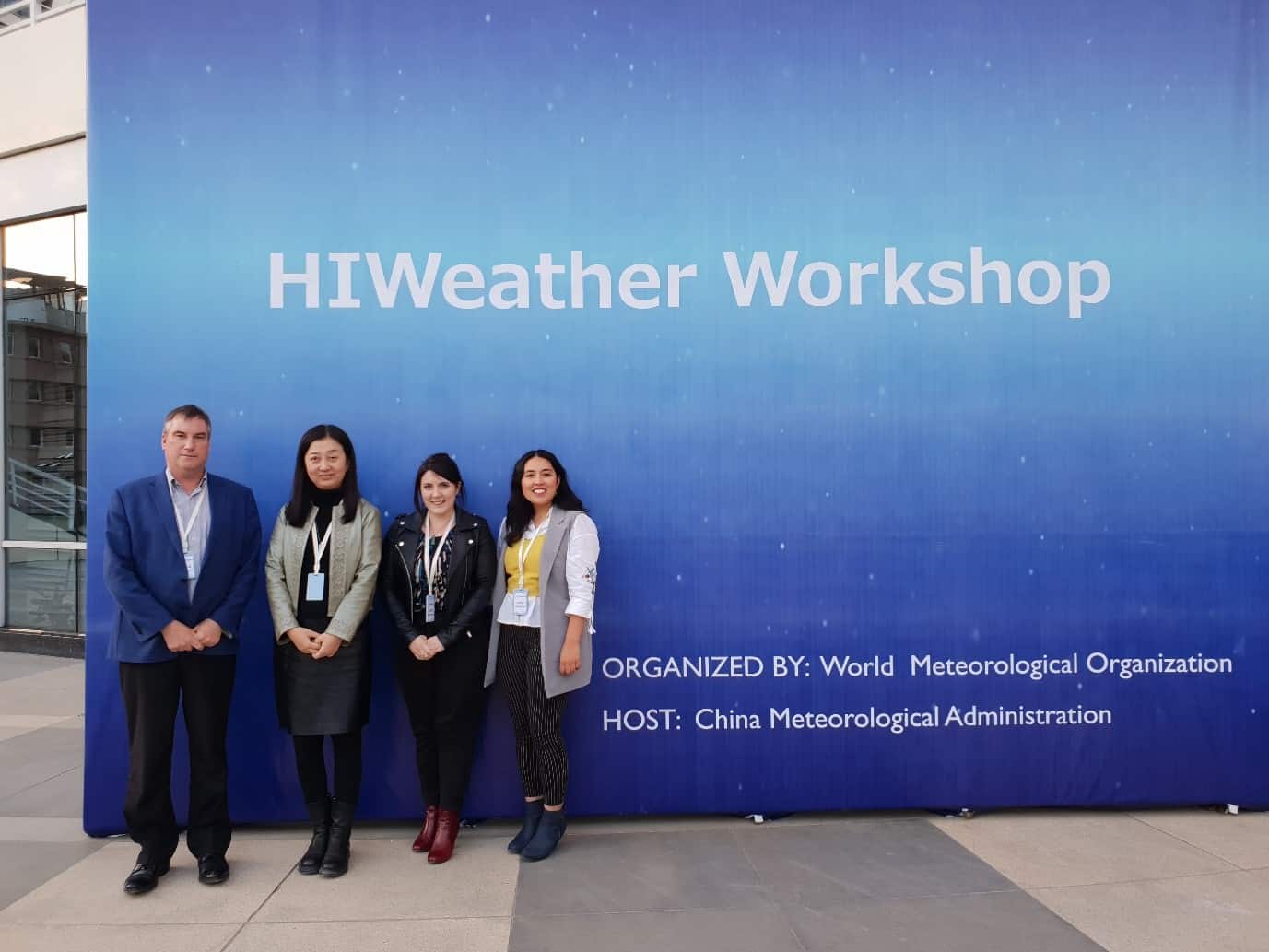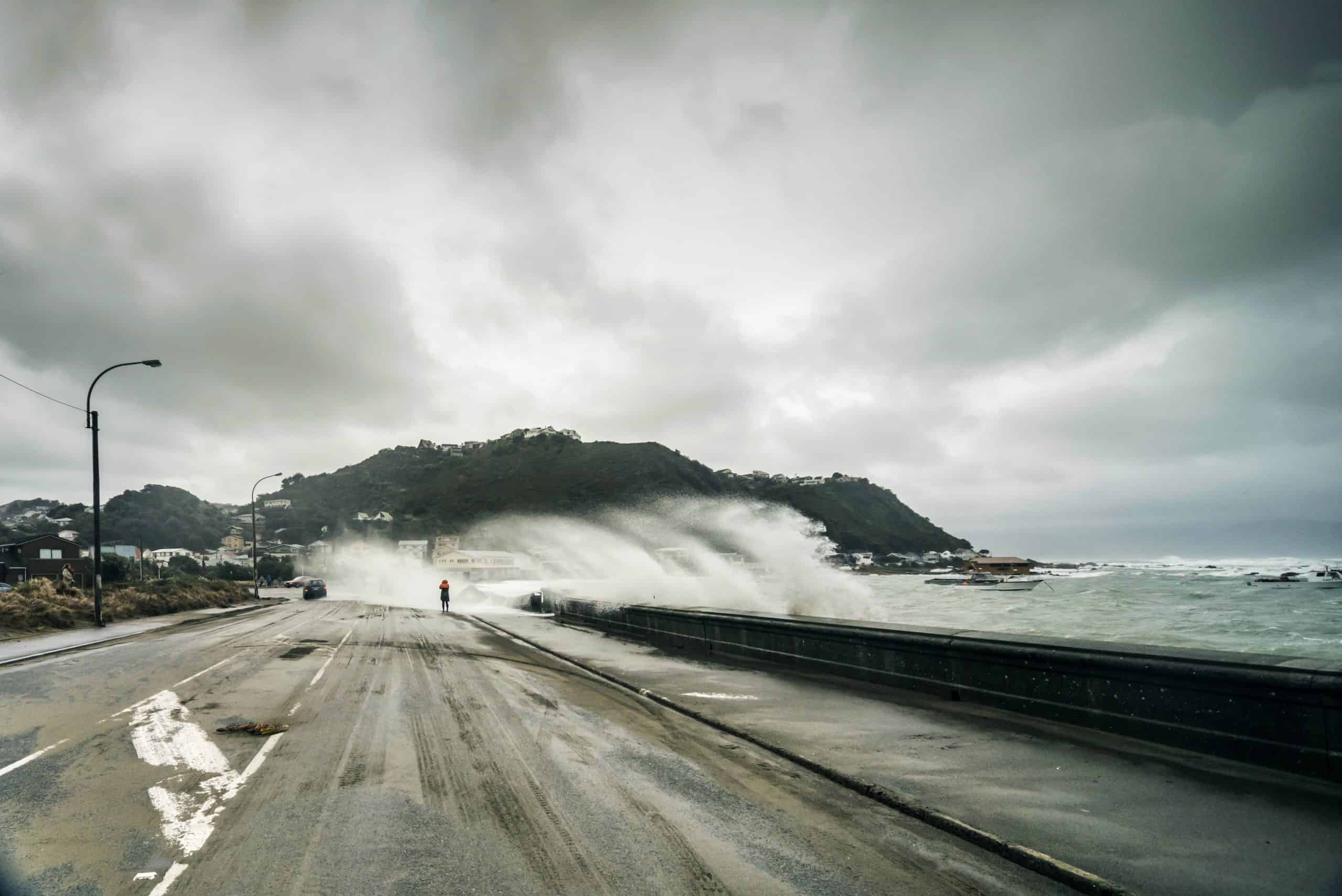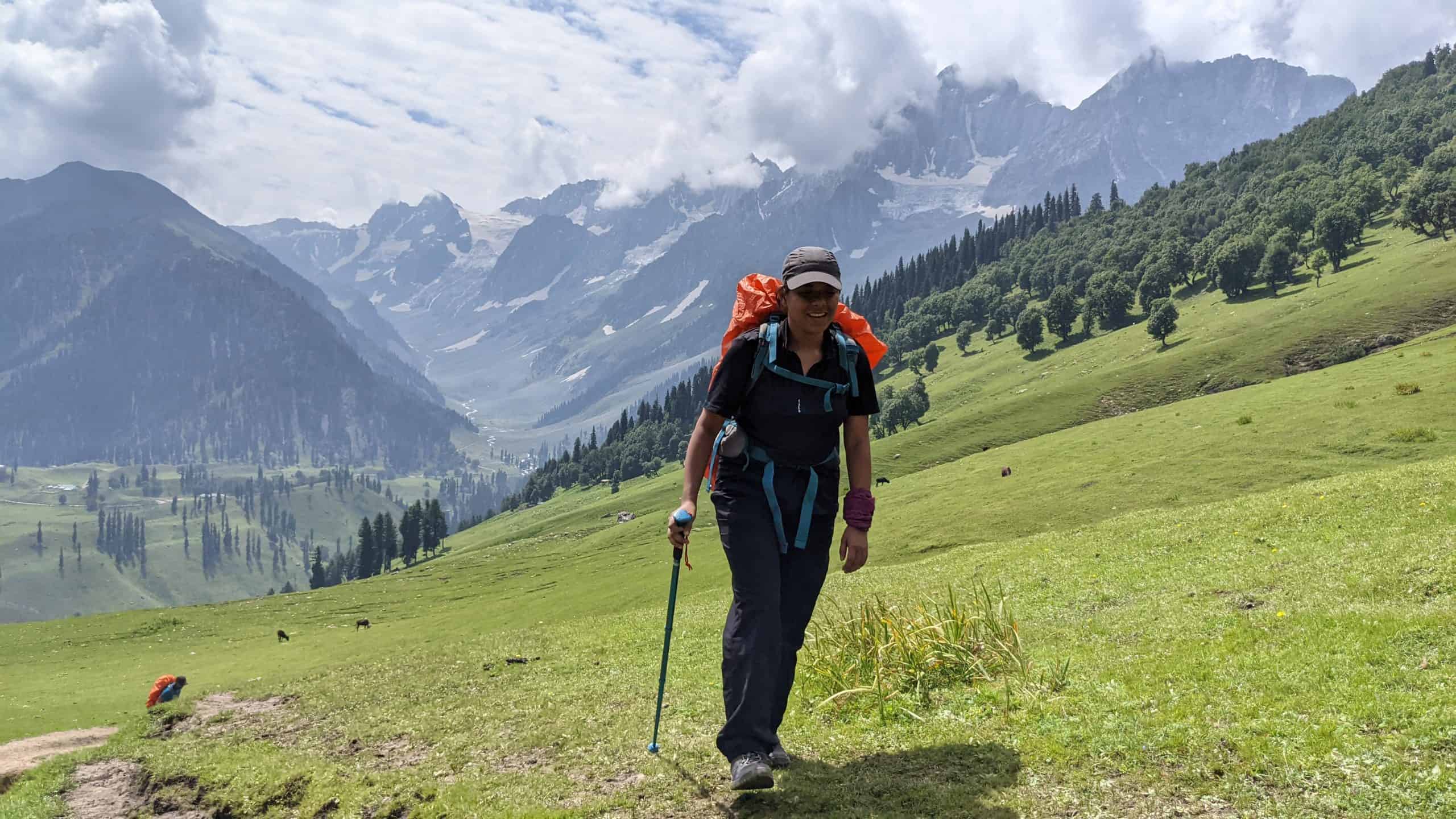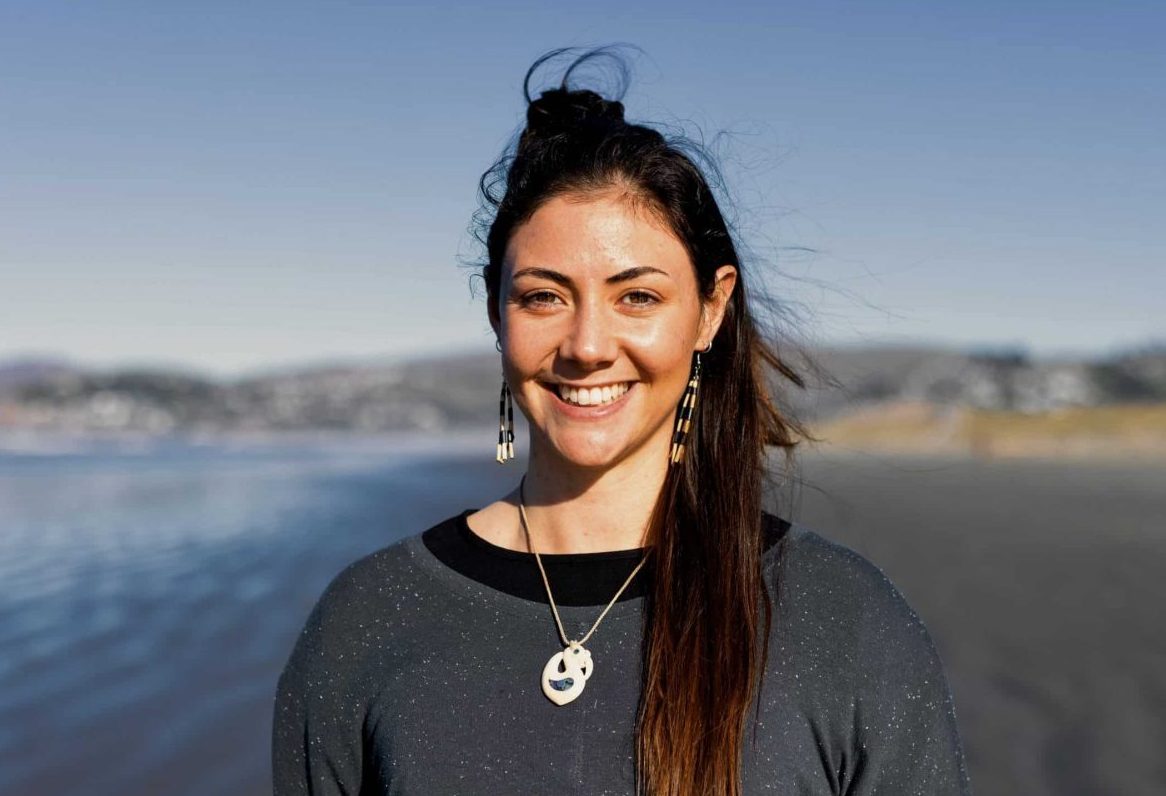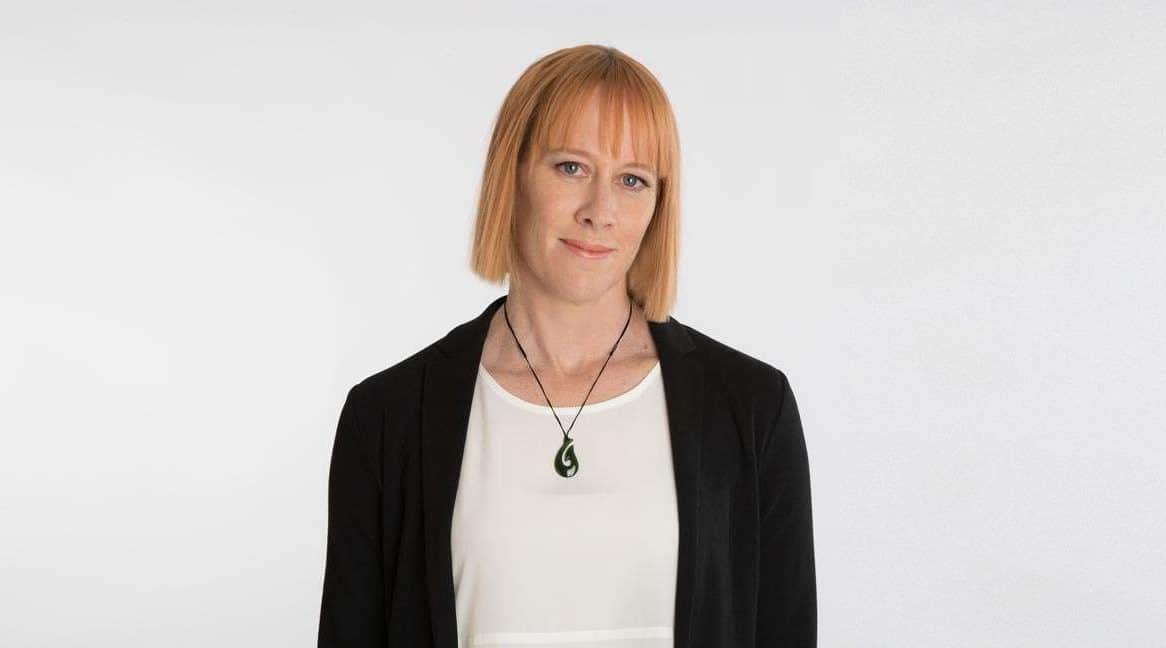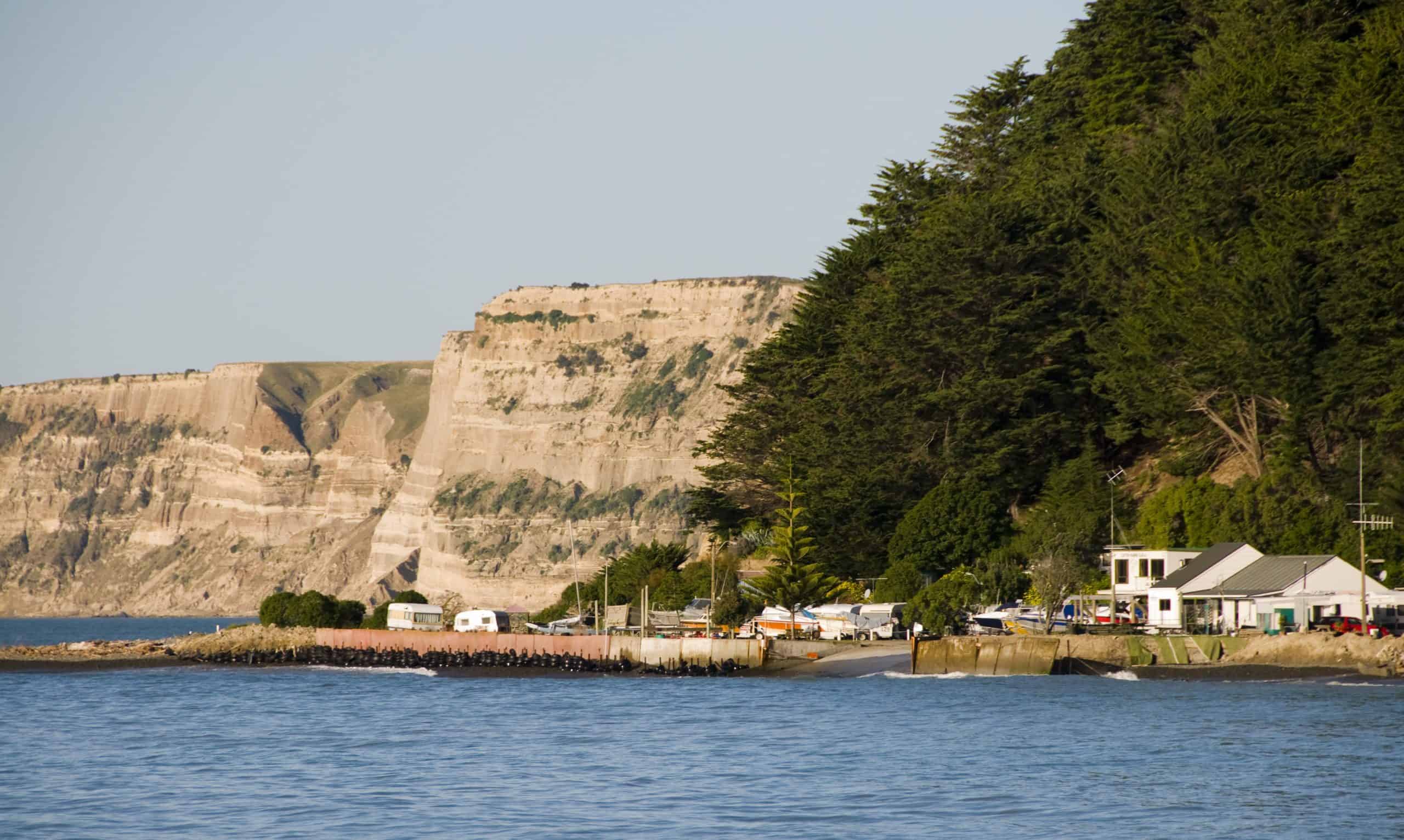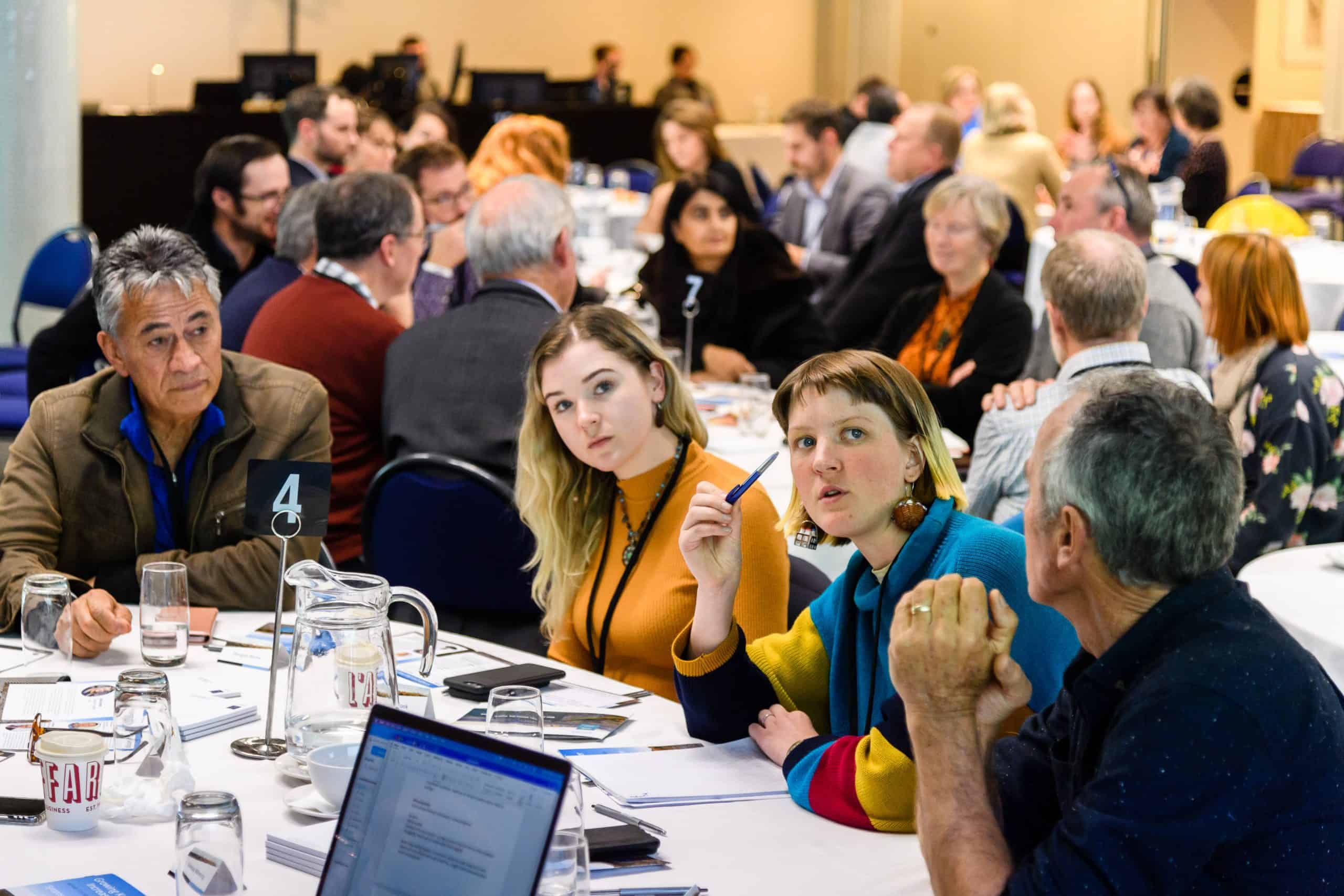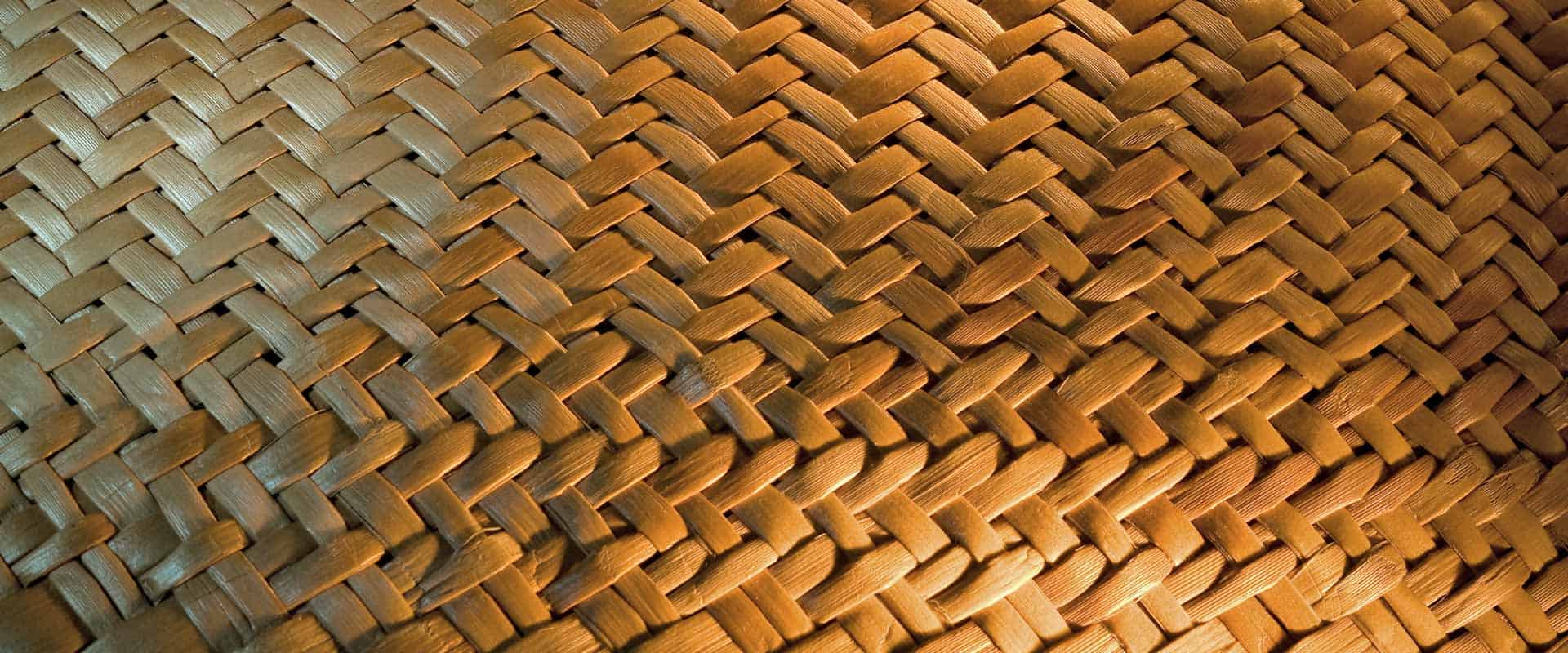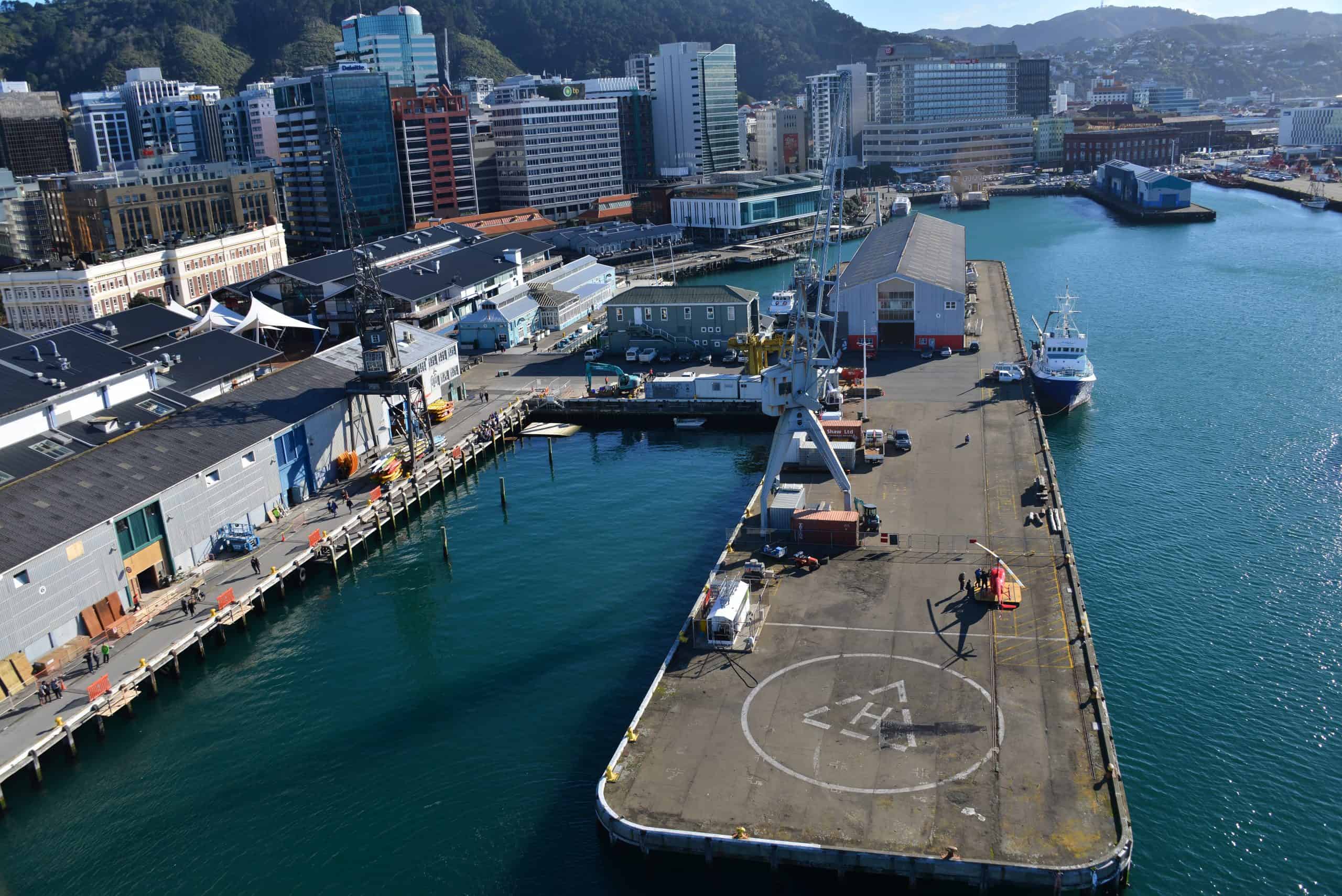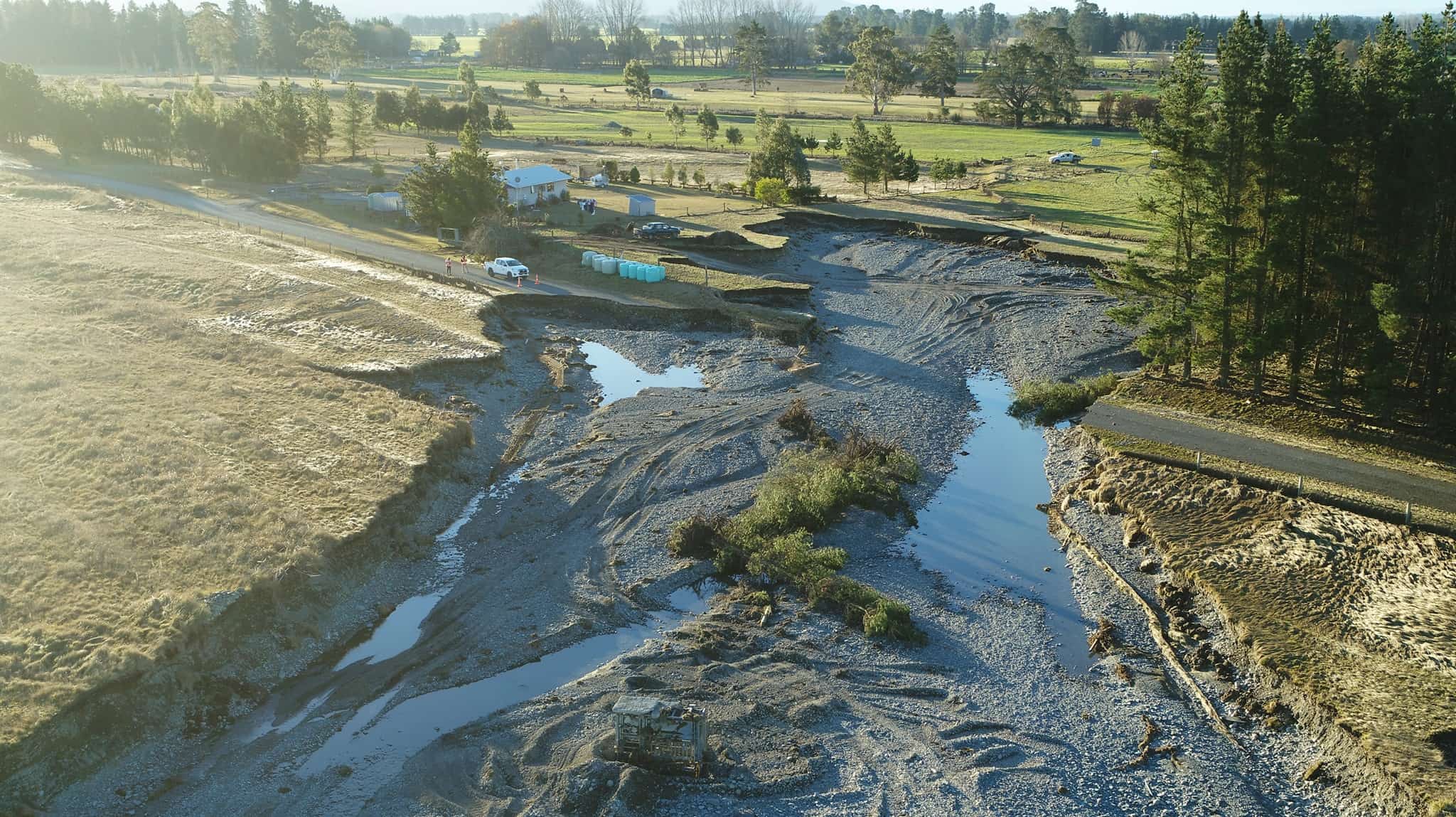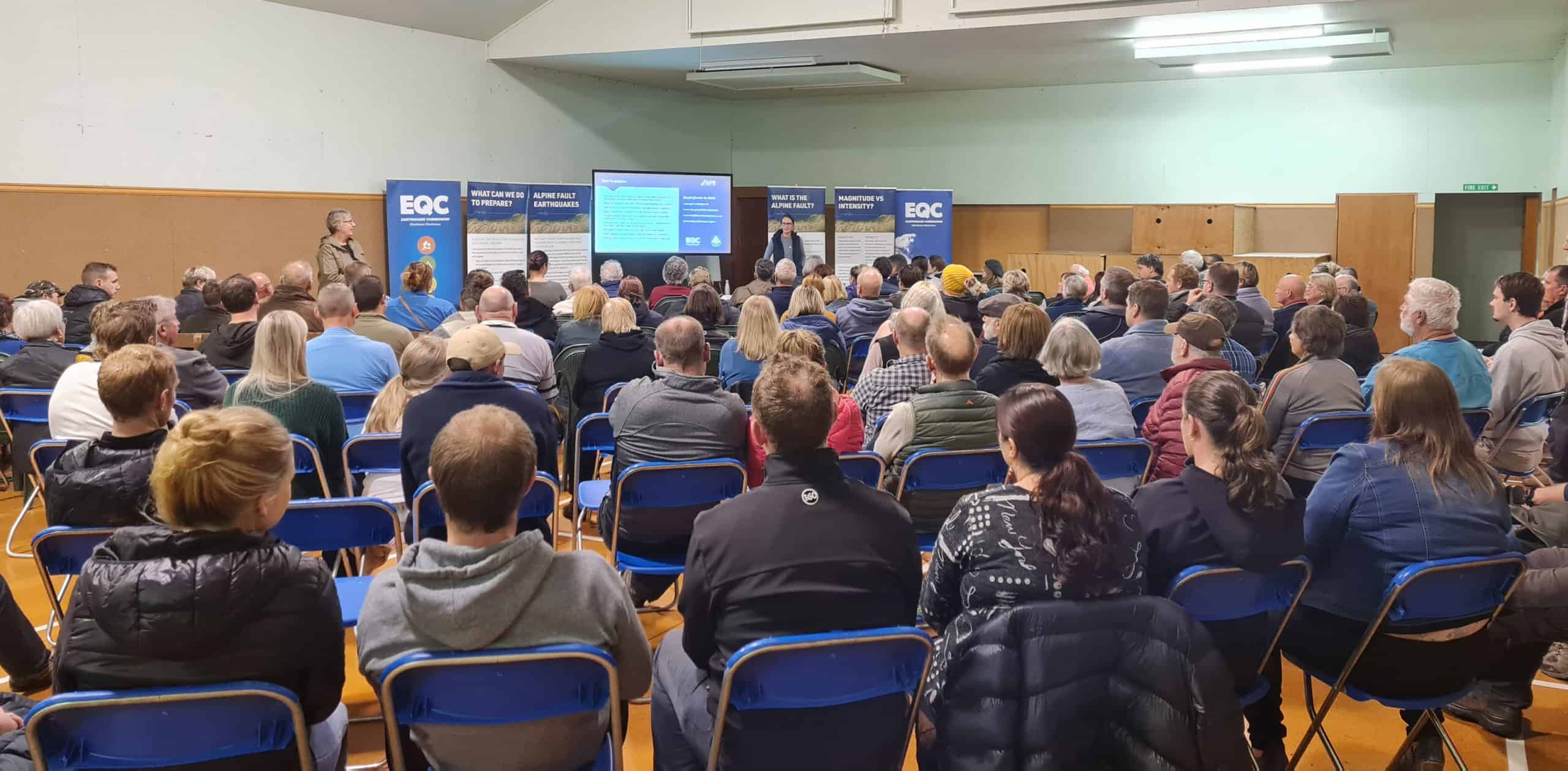By Jenny Stein Following a volcanic eruption, local communities understandably have more pressing concerns than ensuring a sample of ash gets sent to a lab. But that sample will provide crucial insight into the extent and types of hazards people will be exposed to in the eruption aftermath. Carol Stewart is a researcher with the […]
Q & A with Dr Emma Ryan
Q. Kia ora Emma. Can you tell us how you got into coastal science? Kia ora! When I started university I enrolled in Psychology, but took a couple of Geography papers and realised I was much more interested in understanding the environment. I transferred to a Geography and Marine Science degree, and was drawn to […]
Student Profile: Amandine Bosserelle
Sea-level rise, groundwater dynamics and impacts on infrastructure systems. My origins are in the south of France between Albi where I was born, the Pyrenees and the Mediterranean Sea, and I love fossil hunting in the Occitany Region. I studied water resources management at the University of Montpellier during my Master’s degree in geoscience, then […]
Student Profile: Holly Faulkner
Governing Disaster Response in Aotearoa New Zealand – An Auckland Volcanic Field Case Study Holly has a Master of International Law and Politics from the University of Canterbury and has been involved in several disaster law projects including a project mapping the disaster laws of Pacific nations (through the International Federation of Red Cross), and […]
New Poster Series To Help Build Resilience in Taranaki
By Jenny Stein Last month the Taranaki Civil Defence and Emergency Management Group Office (TEMO) published a series of posters about volcanic processes associated with Taranaki Maunga. With contributions from Resilience Challenge researchers and funding from the National Emergency Management Agency (NEMA), GNS Science, and the Transitioning Taranaki to a Volcanic Future Endeavour Project, the […]
Get gone?
Evacuation behaviour of Wellington residents following the 5 March 2021 East Cape earthquake By Dr Lauren Vinnell The early morning East Cape earthquake on the 5th of March 2021, was felt along the length of Aotearoa. Over 50,000 reports of shaking were submitted to GeoNet, reaching from Doubtless Bay to Invercargill. A team of researchers […]
Student Profile: Chanthujan Chandrakumar
Building a Conceptualisation of Citizen-led Low-cost Early Warning Systems Chanthujan is an electronics and telecommunication engineering graduate from the University of Moratuwain, Sri Lanka. He has a strong interest in the fields of the Internet of Things (IoT), machine learning and artificial intelligence. Following the completion of his bachelor’s degree he joined Synopsys Lanka Pvt. […]
Seismic Design of Buildings: Historical Developments and New Horizons
In October 2021, our Built Environment co-leader Prof Tim Sullivan of the University of Canterbury gave a keynote presentation (online) at the 1st International Conference On Recent Advances In Civil And Earthquake Engineering, in Peshawar, Pakistan. Tim provided a historical review of the way seismic design methods for buildings have evolved, identifying the key changes […]
Involving citizens in the science of weather
New WMO Citizen Science guidance released By Dr Marion Tan New Zealand based researchers – including RNC affiliated researchers – play an active role in international projects including the global High Impact Weather (HIWeather) project. Dr Marion Tan (Massey University) led a working group of scientists to develop the HIWeather Citizen Science Guidance Note for […]
‘Where oh where is the data?’
Identifying data sources for hydrometeorological impact forecasts and warnings in Aotearoa New Zealand By Sara Harrison Severe weather warnings help us to prepare and take action to protect ourselves and our properties from the impacts of these hazards. Notable historic events both within and outside of Aotearoa New Zealand have revealed gaps in how these […]
Student Profile: Manomita Das
Enhancing risk communications for collective action I was born and raised in a small railway colony, Chittaranjan, in India. After completing my graduation in Computer Science, I worked for two years in an IT organization. During that time, I also volunteered with different charities and eventually found myself drawn to the humanitarian sector. In 2015, […]
Q & A with Kristie-Lee Thomas
Q. Tēnā koe Kristie-Lee. Can you tell us a bit about your iwi and hapū connections? Ka mihi nui ki a koutou! He uri au nō Ngāti Mutunga ō Wharekauri, Te Atiawa, Ngāi Tohora, kōpūwai. Q. Can you tell us what it was like growing up on Rēkohu-Wharekauri (Chatham Islands) and how that influenced your […]
Coastal risks can be reduced now ahead of new legislation
A timely new report demonstrates how planners and local government decisionmakers can reduce risk from coastal hazards now, ahead of new legislation, thereby speeding up adaptation to the impacts of climate change. The report Enabling Coastal Adaptation: Using current legislative settings for managing the transition to a dynamic adaptive planning regime in New Zealand examines […]
Q & A with Dr Christina Magill
Q. Tēnā koe Christina. Congratulations on your recent appointment to co-leader of the Resilience Challenge Volcanoes programme. What does this new opportunity mean for you? Kia ora! Thank you for the opportunity. I am excited to be working with an incredible group of volcano researchers within the RNC Volcanoes programme. It has been wonderful to […]
Impact case study 2020-21: Science for resilience policy and practice
The 2020-21 year has seen significant developments in the policy frameworks covering climate adaptation and managed retreat. In 2019-20 we reported on the publication of the GNS Science report Reducing risk through the management of existing uses: tensions under the RMA by Emily Grace, Ben France-Hudson and Margaret Kilvington, primarily funded under our Phase 1 […]
Impact case study 2020-21: Partnership as the pathway to impact
We rely on collaborations with our partners and stakeholders in order to achieve our mission, including Challenge parties, other NSCs and aligned research organisations, iwi and hapū, government agencies, and councils. Growing Kai Under Increasing Dry was a collaboration between RNC, Deep South and Our Land & Water NSCs to develop a ‘rolling symposium’ on […]
Director’s Update: Progress on our Te Tiriti commitments
Progress on our Te Tiriti and mātauranga and kaupapa Māori research commitments By Richard Smith, Kaiwhakahaere matua The National Science Challenges were established in 2014, founded on a unique combination of key principles, including the advancement of mātauranga Māori and a focus on Māori involvement. The Resilience Challenge is relatively early in its journey towards […]
Impact case study 2020-21: Models and tools for decision making
A key part of our mission to accelerate natural hazard resilience is development of new models and tools to quantify natural hazards and their associated social and economic impacts in more detail, allowing for better assessments of resilience options. As highlighted in our 2019-20 reporting, our Earthquake & Tsunami team have successfully developed a prototype […]
Impact case study 2020-21: Responsive science for national emergencies
Once again, 2020-21 provided numerous opportunities for our researchers to provide high quality analysis, advice and public commentary as natural hazard events unfolded, and in the aftermath. On the morning of September 18th, winds picked up in Auckland and an extreme gust measured at over 120km/hr blew two trucks sideways on the Harbour Bridge, seriously […]
AF8 Roadshow 2021: The Science Beneath Our Feet
We can’t predict earthquakes, but we can prepare for them. The AF8 Roadshow: The Science Beneath Our Feet shares Alpine Fault hazard science and preparedness information with communities likely to be impacted by the next Alpine Fault earthquake. It is designed to enable conversations, activate local knowledge, and support informed decision-making to increase awareness of, […]
